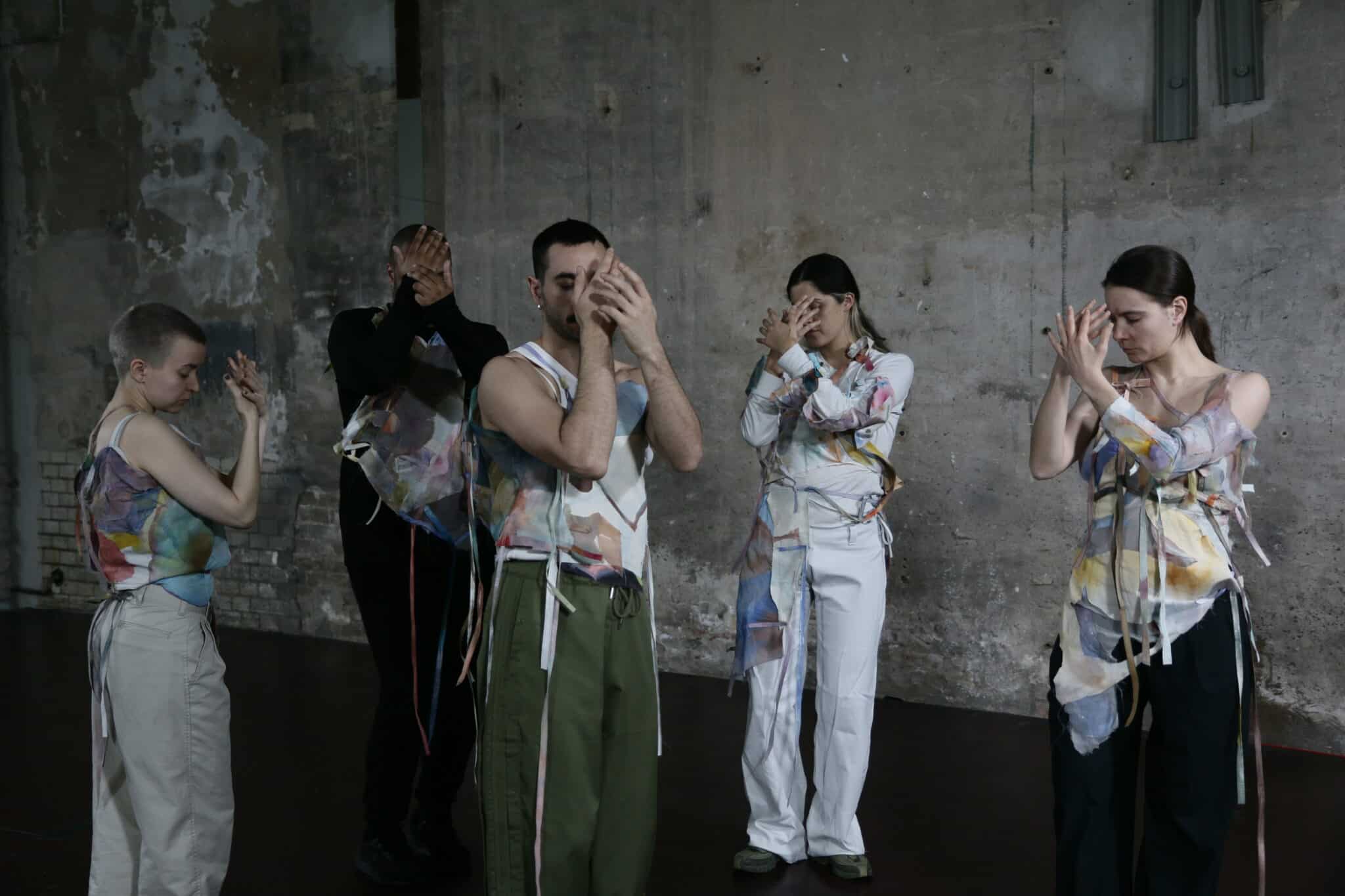
The dance performance Shiraz by choreographer Armin Hokmi guests Rosendal Teater in Trondheim. “Shiraz is a choreography for six dancers, weaving together a fabric of movements and gestures.”
How do you pay tribute to ten years of artistic work and creativity brought to a halt? Is there a way to revive the defunct Shiraz Arts Festival through a dance performance? Armin Hokmi and the team answer these questions with intelligence and flair in Shiraz. It is almost like watching a sunrise or sunset: over and over again, this mysterious, captivating work reveals further nuances for the viewer to appreciate.
When:
Thursday 20 February, 8 PM
Friday 21 February, 8 PM
Where: Rosendal Teater, Innherredsveien 73, 7068 Trondheim
Duration: Ca 60 min
Tickets: The performance requires a ticket, more info and prices on Rosendal Theatre’s webpage.
Accessibility: Rosendal Theatre is accessible for wheelchair users. Service dogs are warmly welcomed. You can read more about accessibility on the theatre’s webpage.
The performance features recently graduated Finnish and Norwegian dancers, as well as dancers who have studied in Norway.
Concept and Choreography: Armin Hokmi
Dance and Performance:
Daniel Sarr, Luisa Fernanda Alfonso, Aleksandra Petrusevska, Efthimios Moschopoulos, Johanna Ryynänen, Emmi Venna, Charlott Madeleine Utzig, In alternation with Xenia Koghilaki
Music: EHSXN, Reza R
Scenography and lights: Felipe Osorio Guzmán, Vito Walter
In conversation with: Emmi Venna
Costumes: Moriah Askenaizer
Consultation and archival study of the Shiraz Arts Festival (1966-1977): Vali Mahlouji
Sound technician: Pablo Thiermann
About Rosendal Teater
Rosendal Theatre is an inviting, curious, super international and hyper local house of performance, theatre, dance, music and debate. Their vision is to transform the performing arts – towards a bold, inclusive and sustainable future. Read more about Shiraz and the Rosendal Theatre on their webpage.
–
Shiraz performances at Rosendal Theatre are supported by the Finnish-Norwegian Cultural Institute (FINNO)